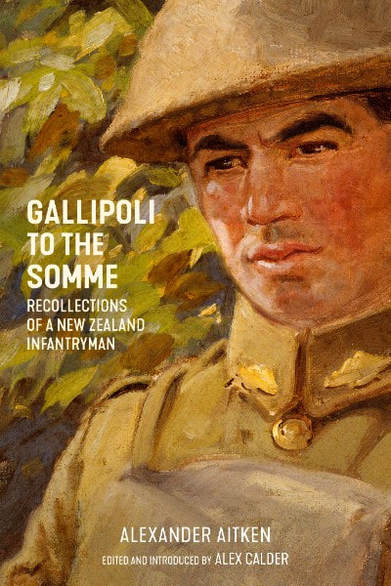
by Alexander Aitken
Not unnaturally, the centenary of World War 1 has been marked by a plethora of war memoirs, campaign histories, battle analyses and overall surveys. This work stands head and shoulders above most of them, precisely because it contains no overtly blazing message, whether condemnation of the ritualised insanity of war or of the self-evident truth that war is hell.
This is not a record of ‘one man’s war’; the persona of the author is missing from most of it because Alexander Aitken chronicles his memories in a way that allows his readers to draw the self-evident truths for themselves. Totally disinterested in being ‘the voice of a generation’, his memoir is silent on such typical starting-points as his motives for enlisting, his initial impressions of the military life and his basic training, and bypasses these to emerge as the most eloquent, take-it-or-leave-it protest possible against what this educated, sensitive, Christian and thoroughly decent man was obliged to do and to endure in doing his duty, as he saw it, to the defence of civilisation.
Only a man of Aitken’s intellectual gifts could have written this book in this way and with this effect, and if one is to understand the book fully, one must first understand the author. He was a strikingly intelligent man who was clearly the product of an education much above the average even allowing for the light-years’ difference between what was considered essential for an early 20th century education and that of the 21st. It is pertinent to note that Aitken’s brilliant academic career would have been stillborn in his family’s need for his labour but for a scholarship to Otago Boys’ High School, from which he emerged with a first place in the National University Scholarship Examination in Latin, third place in English and French but, more importantly for a future that would see him Professor of Mathematics at Edinburgh University, the realisation that numbers and the patterns into which they may be organised could be used to train the memory into feats ever more prodigal. These are recounted throughout the book and read like a chapter of Ripley’s ‘Believe it or Not’, but the excellence of Aitken’s memory is self-evident and the quality of his analysis superb.
His bona fides as an intelligent analyst and observer established, then, we may turn to his commentaries on the War in France with the recollection that they are the product of a first-class intellect and no small gifts of expression, and look at some of them in summary:
On War: “Since modern war consists so largely in the grossest deceptions ensuring the foulest opportunities.”; “And so let (modern war) be stripped of glamour and seen for what it is.”
On Truth: “Naturally there could be no mention of such a set-back in our own communiqués, aiming as they did not at truth but at gloss.”
On Normality: “This area was out of the intenser zone of shell-fire, though
occasional long-range high-explosive, gas- and tear-shells fell about at random.”; “I shook off our conditioned callousness, shook off the feeling, now taking root, that this world of arbitrary violence and random death was the real world, and that justice, mercy, peace and love were phantasms that had never been.”
On Euphemism: “It was about this time that the word ‘attrition’ acquired a vogue,
though only in 1917 did it have a general use and an accompanying theory. There can be little doubt that both the word and the theory were the by-product, the cover, and an attempt towards the palliation of the enormous losses sustained in these great ‘pushes’ which for the gain of ten miles of advance might mean the loss of 200,000 men.”
And perhaps the most searing of all, On Behaviour: “To describe (bayonet drill) accurately is to indict civilisation.”
Aitken’s memoir of Gallipoli is that of a scholarly man steeped in the classics
and therefore revelling in the discovery of places about which he had only read; gradually we see his pleasure in the classical ambience eroded under the corrosive effect of war as in the fact that the surviving veterans of the Main Body and Gallipoli landings chose, in rest on Lemnos, to remain in their tents “suffering, one might say, from an induced agoraphobia” because they had been conditioned by their Gallipoli experiences into the conviction that being outdoors was likely to become a fatal experience.
Disillusionment is also seen in Aitken’s view of poetry-as-propaganda when he contrasts the sentiment of ‘dulce et decorum est pro patria mori’ with the reality that the dead of Gallipoli were swiftly stripped of their boots by Turks even less well-equipped than the ANZACs, and when he writes “Active service permanently removes any taste for the conventional poetry of war (to become) merely a cause of wonder that a grown man could write it.”
Here, then, is the clinical eye of the classicist and the mathematician doing what he must because of what he believes to be his duty to the milieu that produced him. It remains to be considered what that milieu may have thought of him.
Aitken was obviously precocious. Nicknamed ‘Swotty’ from his earliest days at Otago Boys’, as a private he boned up on the features of the Gallipoli landscape before he got there. As an NCO he memorised the platoon muster-book’s record of names, numbers, next-of-kin and their addresses. As an officer he conducted lessons in celestial navigation for his soldiery. The boy who claimed to have “worked much less” than any of his contemporaries at Otago Boys’ grew into a soldier who wrote things down, committed things to memory, and studied maps, plans and orders to a degree of perfection of which only he was capable, because he would not be caught unprepared while in charge of others.
This is the answer to his editor’s question of “ . . . how someone so intellectually gifted could spend so much of his war, not as an officer . . . but as a regular NCO, rubbing along with the labourers and farm workers and tradesmen of the Regiment.” In a word, they trusted him and that trust was evinced in the way his men colluded in Aitken’s possession and maintenance of the cherished violin that accompanied him on so much of his travels and travails.
Aitken’s story is greatly assisted by editor Professor Alex Calder of the University of Auckland who has added to Aitken’s outstanding and precise prose a timeline, a valuable notes section, a bibliography and a commemorative index of names.
Author: Alexander Aitken; with introduction & editing by Alex Calder
Publisher: Auckland University Press
ISBN: 9781869408817
RRP: $39.99
Available: bookshops
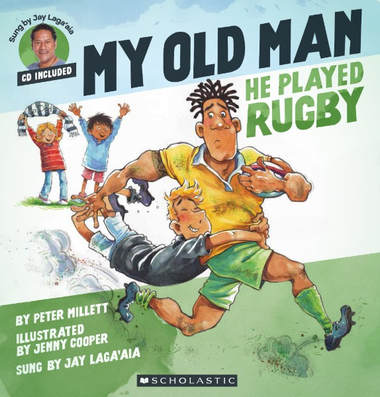
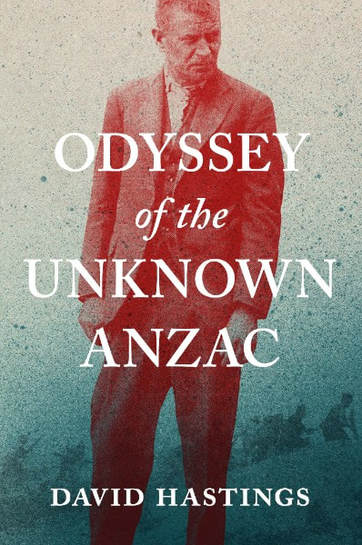
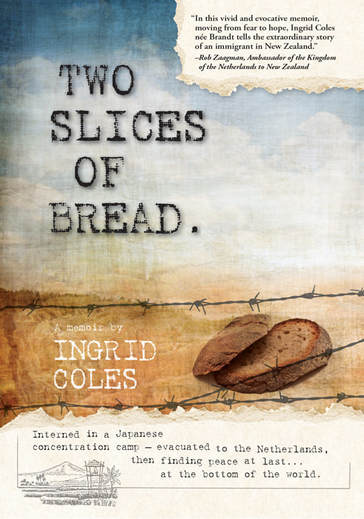
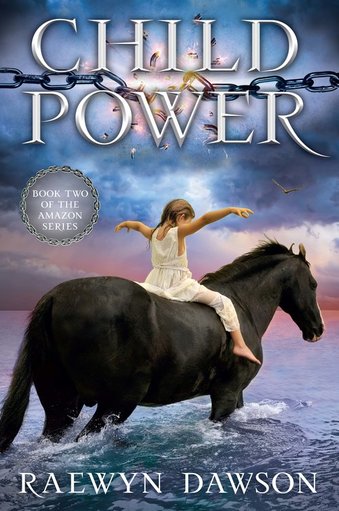

 RSS Feed
RSS Feed
